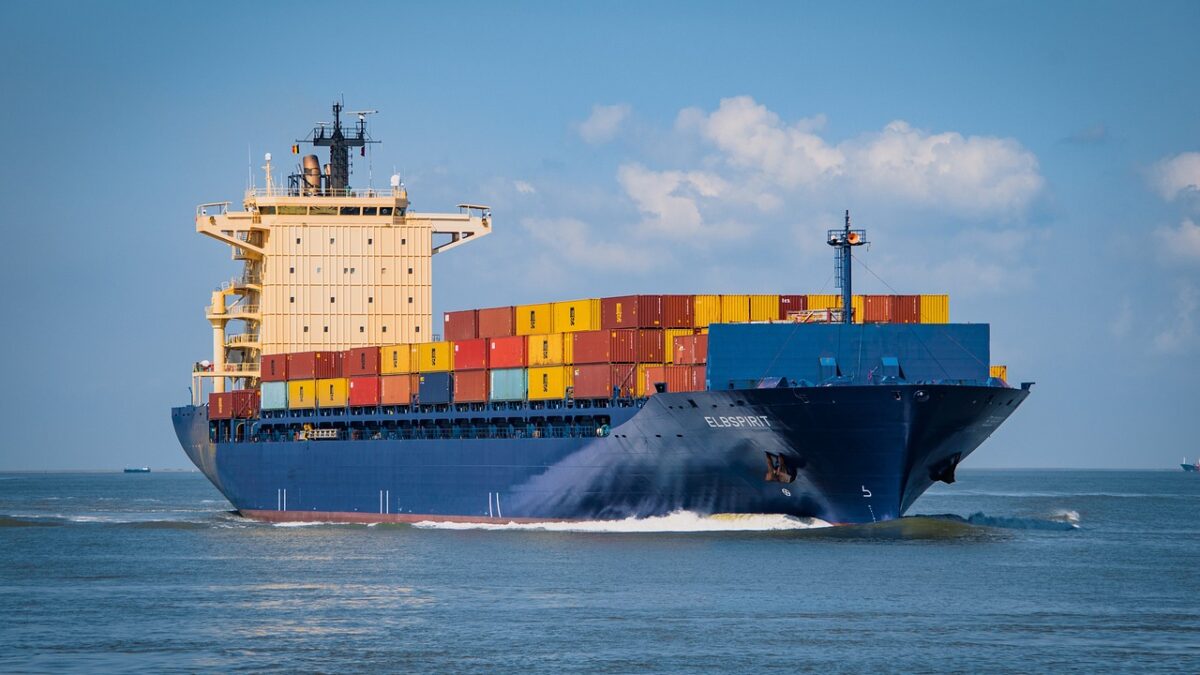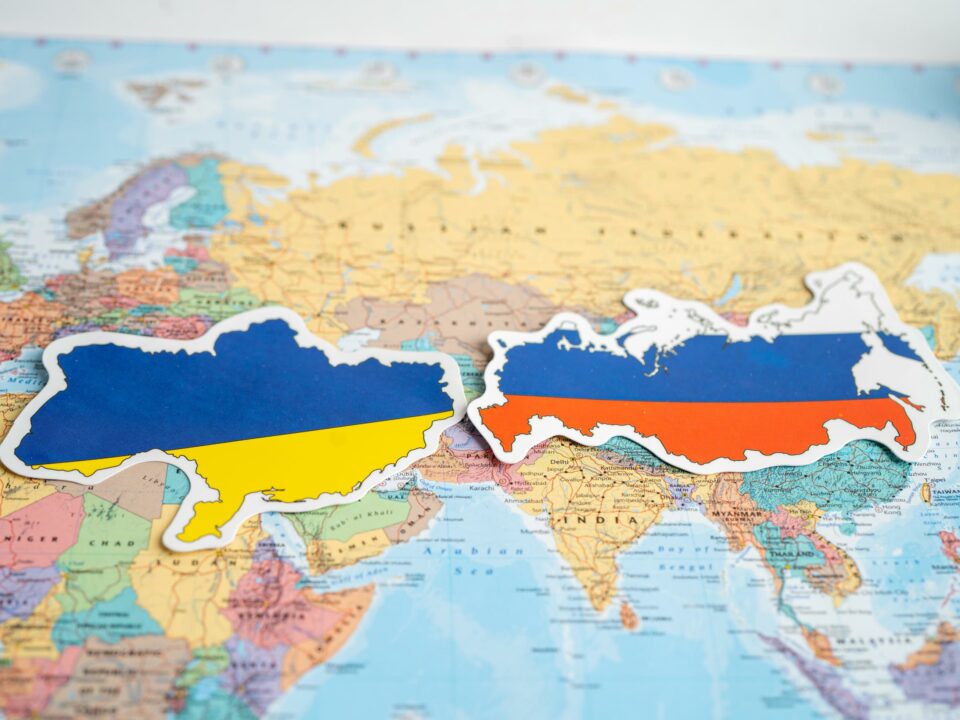
Sustainable Fashion and IP: Exploring How IP Law Can Promote Sustainable Practices In The Fashion Industry
December 18, 2024
VAT on Private Schools: The End of Accessible Education?
December 19, 2024Article by Nisha Rikhi
We have been shocked in recent weeks by the re-election of Trump as President of the United States. Trump’s re-election poses some very serious questions for Britain and Europe about trade, climate change, support for Ukraine and defence spending, to name a few. This article looks at how Britain’s relationship with Europe will be affected by the election of Trump and why Britain should now establish a closer relationship with Europe.
A Trump presidency will likely see a return to import taxes and tariffs. Given that Trump has historically been protectionist in his trade policy, it is likely that countries will face high tariffs and steep import taxes when they export their goods to the United States. This will have a marked impact on international trade. To combat this, the UK and Europe will need to strengthen its trading relationship markedly. The Labour government needs to negotiate further reciprocal relaxations of trade restrictions between the UK and Europe to ensure that Britain benefits from continued free trade with Europe. Having closer trading links with Europe will also protect the British economy from Trump protectionism as any trade with the United States is likely to be hit with new tariffs and trading restrictions. This is because it is likely that we will see trade with America decrease as more protectionist trade policies come out of the White House. Therefore, we will need to enhance and expand our trading relationship with Europe to ensure that we are not dependent on trade with America and can better absorb the protectionist tariffs that Trump will place on exports from the UK and other countries.
Furthermore, climate change is going to be adversely affected by a Trump presidency. During his previous presidency, Trump pulled the United States from the Paris Agreement, signalling a weakening in American support for measures to tackle climate change. Now that he has been re-elected, we should expect a return to American support for fossil fuels and other carbon-emitting trades or practices. That means that Britain and Europe are going to need to work more closely together to combat climate change. The Labour government should negotiate a new cooperation agreement with Europe on climate change, renewable energies, science and technology. Having such a cooperation agreement will allow the UK and Europe to enact shared policies and initiatives which will reduce their carbon emissions and help combat climate change. Given the recent floods in Spain and the ongoing energy crisis that have affected both the UK and Europe as a result of the war in Ukraine, we should be seeking to radically reduce our reliance on fossil fuels while at the same time pursuing policies that will benefit the environment. This means that both the UK and Europe have an incentive to continue working towards net zero and combatting climate change. Seeking to work together to combat climate change is going to be important going forwards as neither Britain nor Europe can now rely on the United States to pitch in when it comes to combatting climate change.
Europe and the UK will need to rapidly increase their support for Ukraine. This is because the United States does not care about Ukraine as much as Europe does. Ukraine is closer to Europe and is on the borders of former USSR states that are still very fearful of Putin. Europe will need to think about how it is going to fund its defence and how it will support Ukraine’s battle for political and territorial independence. Britain and European nations will need to significantly increase their defence spending to ensure that every European nation is contributing at least 2% of their nation’s GDP to their defence. The Baltic states that border Russia already spend more than 2% of their GDP on defence, with Estonia and Finland already having significant defence budgets. Other countries will need to spend their increased defence budgets wisely. Countries with significant coastal borders will need to spend more of their defence budgets on bolstering and expanding their navies in order to police their waters effectively. Norway, Sweden, Lithuania, Latvia and Poland will need to spend more of their defence budgets on policing their borders with Russia. In the absence of guaranteed American support, the UK and other European nations will need to cooperate much more on defence spending going forward. The UK, Germany, France and other European countries will need to agree on their shared defence aims and work out how they will sell greater defence spending to their populations. The security of Europe depends on Britain and all the nations of Europe investing in defence and increasing their defence budgets to ensure that they can meet their security needs without American firepower.
America’s focus under Trump is going to be on the rise of the east and in particular China. This is, in part, because China now has the largest navy in the world, but also because America is concerned about China’s economic and trading power. However, Trump’s focus on China presents an opportunity for Britain. Britain can use the re-election of Trump as a reason for strengthening and improving relations with Europe and other countries. We could seek to enter into trade and cooperation agreements with Canada, India and the Caribbean, most of whom are Commonwealth nations we already have cultural, historical, economic and diplomatic ties with. We could also seek to negotiate with the European Union our re-entry into the customs union which will facilitate greater trade with Europe. This is because re-joining the customs union will allow Britain to be part of a trading bloc that sets a common external tariff on countries outside the union, while eliminating customs duties and controls between member states. If we could re-join the customs union, it would mean that Britain would effectively eliminate all trade frictions between Britain and Europe, thereby increasing trade and strengthening our own economic prosperity. Therefore, the re-election of Trump in the United States and his apparent focus on the rise of China does present opportunities for Britain to strengthen and enhance trading agreements and relations with other commonwealth nationals and the European Union as well.
Therefore, it is clear that the re-election of Trump is going to bring significant challenges to Britain and the wider world. Britain must urgently seek to enhance and strengthen relations with Europe, and seek to re-join the customs union as quickly as possible in order to protect our economy from the impact of Trump’s protectionist tariffs. Furthermore, Britain must devise a defence strategy and a climate change strategy, as well as negotiate trade agreements with other commonwealth nations. This is vital to not just enhancing Britain’s relations with former colonial countries but also furthering the climate change agenda and working with NATO to secure Europe and Ukraine from the threat of Putin, in the absence of a reliable United States who is now taking a more protectionist and isolationist approach to issues of climate change, international trade and global defence.





